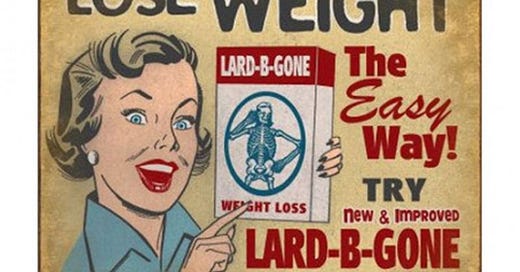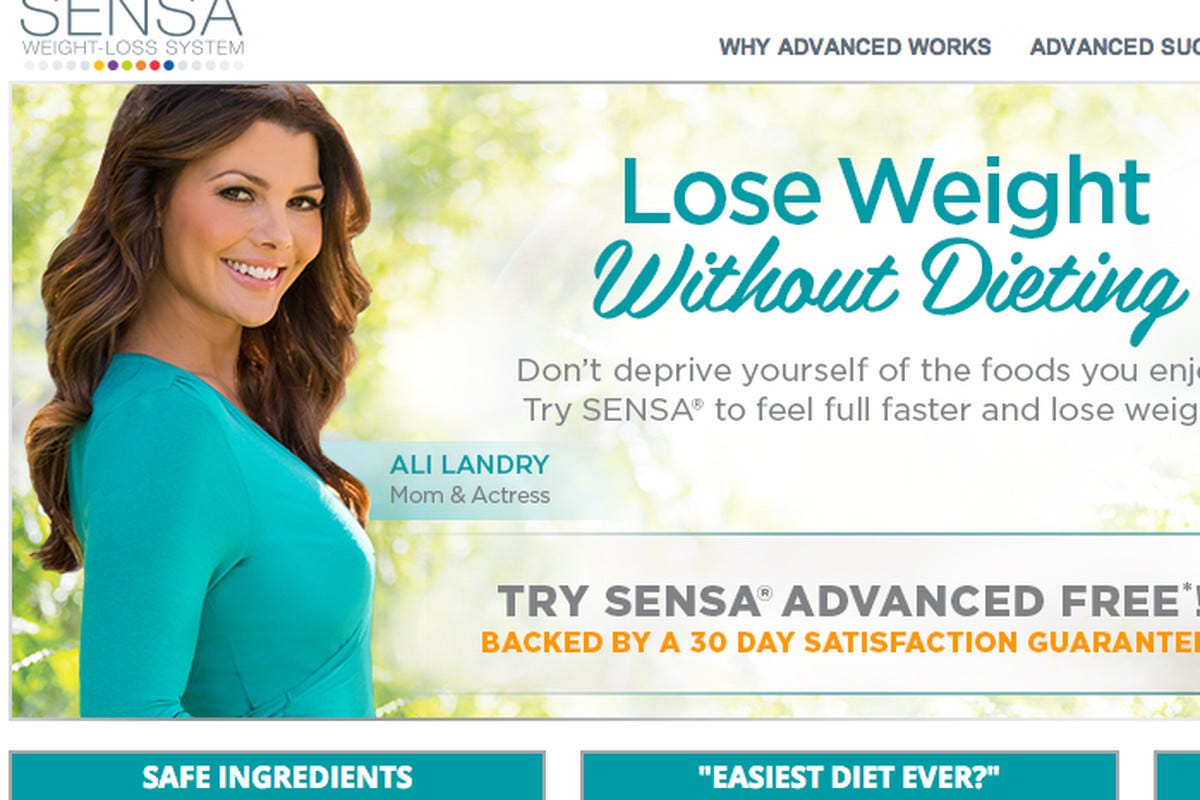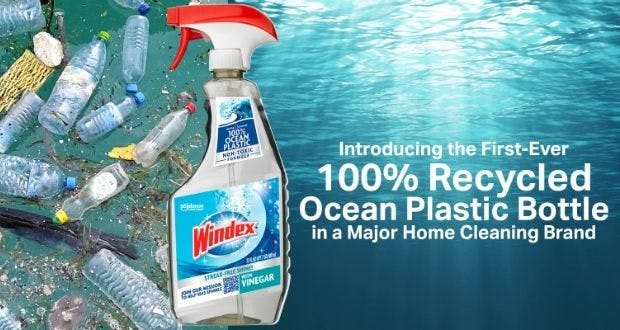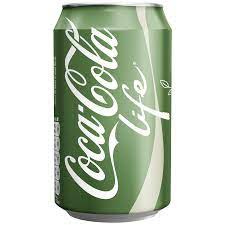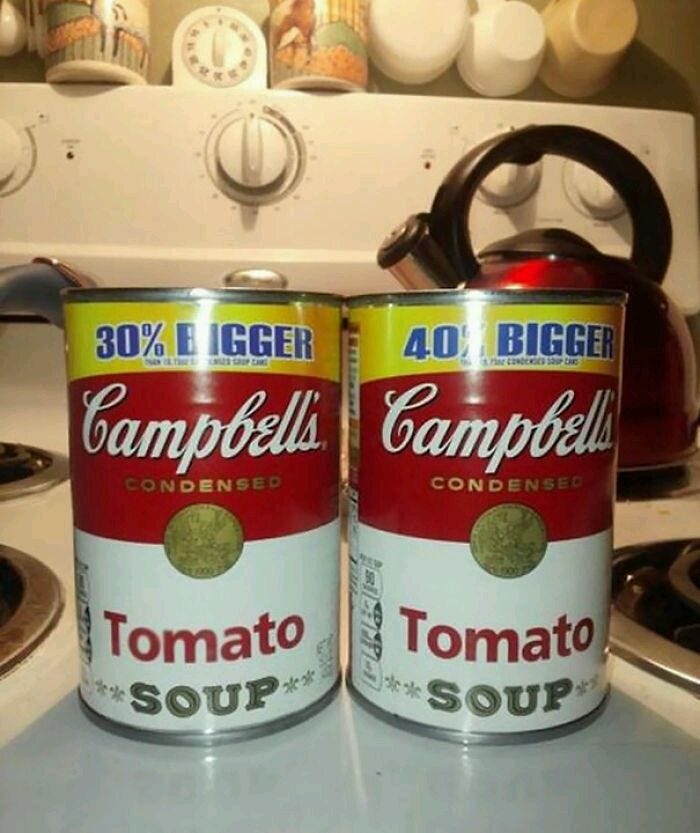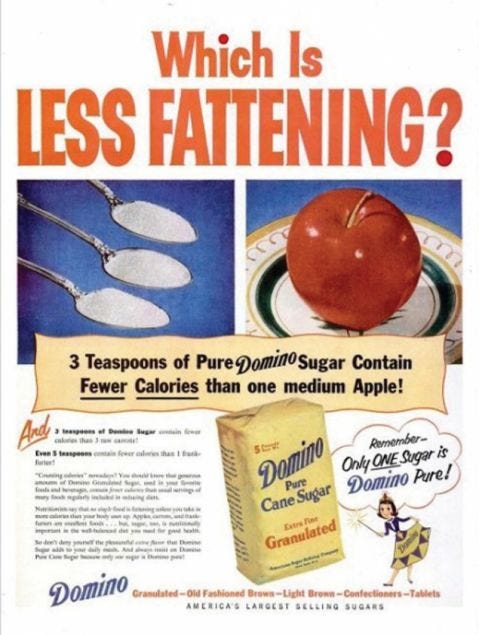My brother half-jokingly refers to marketing as the dark arts. I bet most of the population would agree that marketing is at least a little on the dark side.
Including me…
The vast majority of people who do marketing in the world are business owners just trying to run their company and be successful. They are the good guys. Just doing what’s best.
However, there are plenty of bad players, often “marketing” professionals, who have no problem using deceptive and manipulative tactics in their work. And a little psychopathy goes a long way. So we all get to see it quite often.
So let’s explore the dark side of customer psychology so that you, the business owner and consumer, understands how they work and their effect on people and the wider world of commerce.
I hope that it helps you steer clear of these tactics regardless of which side of the transaction you are on.
Positive Manipulation
There are levels to misuse of psychology in marketing. We will get to more egregious tactics later, but for now we will start off with a lite one - positive manipulation.
ma·nip·u·late
/məˈnipyəˌlāt/
handle or control (a tool, mechanism, etc.), typically in a skillful manner.
control or influence (a person or situation) cleverly, unfairly, or unscrupulously.
Whether positive or negative, manipulation isn’t good. And positive here does not mean happy manipulation. It’s not manipulation that has a good outlook on life…
Positive manipulation uses your hopes and dreams against you. As opposed to negative manipulation that uses your fears and insecurities (we’ll do that one later).
Notorious for this is the weight loss industry.
“Now With Live Tapeworm Eggs!”
Positive manipulation is so common for weight loss supplements and programs that it is basically white noise to us. Or a joke. We can’t imagine actually this puffery work.
"Puffery" generally refers to: Exaggerated advertising, blustering, and boasting on which no reasonable buyer is likely to rely. A general claim of superiority that is so vague or incapable of being objectively proven or disproven that it is most likely to be understood as a mere expression of opinion. (WestLaw)
Advertisers were more brazen 20 or 30 years ago. Many have been fined by the FTC, so they choose their words more carefully these day.
Instead of these classics:
We get this…
And this…
Or this one… no fines, just from Google today
Why would someone pay attention to such obvious lies?
Let’s be honest.
Most of us would be happy to lose 10 pounds without having to exercise or change our eating habits. When we see ads that promise it, our first thought is I wish, not…
But it is different when someone who really wants to lose weight sees these types of ads. It’s more of an emotional response. Their first thought is… Yes, please!
In 2021, we collectively we spent $254.9 billion on weight loss products and services globally.
That’s a lot of Yes, pleases.
Positive manipulation works.
The FTC fined LeanSpa and Sensa millions for misleading claims in their marketing. Which is a slap on the wrist for these companies. They know very well that positive manipulation pulls the exact heart strings it needs to move product. It makes them rich… so they are not going to stop.
Not that this is anything new, we’ve been suckers for get thin quick schemes before we even used photos in advertising…
The weight loss industry is an easy target, but they are not the only ones.
Automobiles
Below in a Nissan commercial from 2014.
In this video, the dune buggy was no match for the dune, but the dune and buggy were no match for the new Nissan Frontier.
Only problem was that during filming, there was a cable attached to the pickup truck that pulled it up and over the dune…
Tisk tisk Nissan.
And not only was Nissan held responsible, their advertising agency, TBWA Worldwide, was too. They both had to settle with the FTC.
The ad did actually point out that it was fictional in the fine print… but it was a case of the too-little-too-lates.
The FTC knows that people will be influenced buy these ads only to be disappointed when their half-sized truck isn’t able to handle much lesser feats. People naturally want the biggest and bestest… so advertisers try to cater to that…
Only the fine print was not big enough to cover their asses on this one.
But they didn’t outright lie… like Hyundai did.
Hyundai must have done their MPG tests while driving this car down a 40-mile slope with a tailwind.
They claimed the Elantra gets 40 miles to the gallon. Thinking it was a better car for the environment and a money-saver, people bought them. But it only takes one tank of gas to realize you were bamboozled.
So the EPA stepped in and said gfy… Hyundai was forced to paid hundreds of millions in fines and payments to miffed Elantra owners.
Yep, that’s right. The EPA doesn’t mess around. They are in charge of protecting the environment, not the consumers. The stakes are higher.
Which brings us to where manipulation harms us all…
Greenwashing
Positive manipulation seems harmless for the most part. Just exaggerations that should be taken with a grain of salt. Many people also think you deserve it if you get sucked into thinking you will lose 25 pounds with a “Wonder Herb.”
But greenwashing is more nefarious.
If you’ve never heard this word, greenwashing is:
when a company purports to be environmentally conscious for marketing purposes but actually isn't making any notable sustainability efforts. ¹
This is bad for the environment of course, but that is not the issue I want to call out.
You see, greenwashing is done way after the R&D and production of a product. Most products that are greenwashed have been produced for years or even decades. Think cleaning products or clothes. Nothing new there.
But marketers who try to manipulate you because you care about the environment are doing so to increase prices and/or brand equity (the perception of brand value).
They know consumers are changing their purchasing habits for a more habitable environment, so they want in the action… to increase profits… that go into their pockets… and not into R&D of better products.
So when you see this ad:
You think, Good, I am glad Windex cares about the betterment of our world and actively taking plastics out of the oceans. Save the whales!
But those bastards just bought recyclable plastics from a rubbish collectors in Haiti that “would have ended up in the ocean.”
100% Recycled. Good. You profiting off my good feels…
What To Do?
Consumers now are more aware of these tactics than even before. The internet has bridged the gap between the customer and the brand by giving us endless information and reviews on products.
Small and emerging brands need to be careful and not follow these brands. And these brands, if you notice, and the big guys. The legacy brands. The SC Johnsons and P&Gs of the world. They don’t flinch when they overstep and get pushback from the FTC or EPA.
They have the backing to write it off and move on to even greener pastures.
Brands that choose psychopathy as part of their marketing strategy will inevitably fail. There is too much information sharing out there, and consistent douchebaggery will ensure your brand or product never gets the market share it need to survive.
Brands should instead talk to their customers and speak to their needs. Build trust, and then build off of that trust earned.
It won’t be too hard, so just sit back and enjoy a healthy Coca-Cola!
Before you go…
Here are some fun pics I came across while writing this.
Enjoy!
Until next time…
Further Study:
Small Town Hero: Ecommerce in Rural Oklahoma (free)
Let’s Rethink the Customer Journey (paid)
Pulp Friction (paid)
Customer Psychology in Ecommerce (free)
I have a few topics in queue for the coming weeks, but if there is a topic around ecommerce and customer psychology that you’d like to learn about, let me know in the comments.


